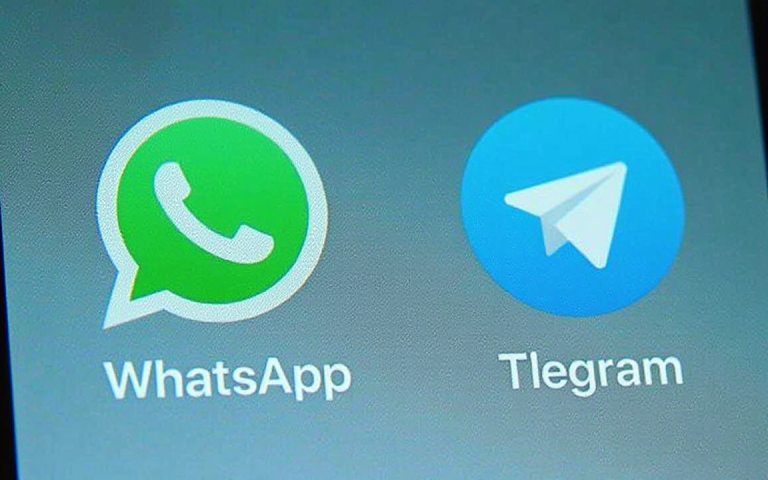Russia has begun restricting WhatsApp and Telegram calls, intensifying its control over the country’s online communication channels and pushing users towards its state-backed messaging app, MAX, according to a Reuters report.
The move targets voice calls made through the two popular foreign-owned platforms, while text messaging and voice notes remain unaffected.
Authorities claim the restrictions are due to the platforms’ alleged failure to share information in criminal investigations, including fraud and terrorism cases.
This development is part of a broader strategy to tighten regulation of digital communication in Russia, particularly after it invaded Ukraine in February 2022.
Government blocks foreign apps as MAX rollout advances
On Wednesday, Russian authorities confirmed that WhatsApp, owned by Meta Platforms, and Telegram were now facing call restrictions.
Official data from Mediascope in July 2025 shows WhatsApp had 97.3 million monthly users in Russia, ahead of Telegram’s 90.8 million, and far above state-controlled VK Messenger’s 17.9 million.
The government is promoting MAX, a newly launched state-controlled messaging app integrated with official services, which critics warn could be used for tracking users’ activities.
Senior politicians are already shifting to MAX, encouraging followers to join and engage actively on the new platform.
Broader internet controls and censorship measures
The restrictions mark a continuation of Moscow’s efforts to limit the influence of foreign technology companies.
Since early 2022, Russia has blocked access to Facebook and Instagram, slowed down YouTube speeds, and fined multiple companies for failing to comply with local data storage and content rules.
This latest move against WhatsApp and Telegram comes alongside new censorship laws that increase penalties for accessing “extremist” content online, even via VPNs, which millions of Russians use to bypass state blocks.
Under the legislation, users could face fines simply for searching banned content without prior government approval.
Gradual service degradation mirrors YouTube tactics
Observers note that Russia’s approach to WhatsApp and Telegram mirrors its earlier strategy with YouTube, where slower loading speeds made it harder for users to access videos.
While WhatsApp’s core messaging functions are still available, limiting calls could be a first step towards a wider block.
Human Rights Watch reported last month that Russia has been “meticulously expanding [its] legal and technological tools” to create a tightly controlled internet environment, effectively carving out a domestic network isolated from the global web and removing external competition.
AI moderation and content removal efforts
Telegram has stated that it uses artificial intelligence tools to monitor public channels and remove millions of malicious messages daily, targeting calls for violence, sabotage, and fraud.
WhatsApp maintains that it provides end-to-end encrypted communications and aims to keep these secure for users worldwide, including in Russia.
Despite these measures, Moscow continues to assert that both platforms fail to meet its legal obligations in providing access to user data for law enforcement purposes, which remains a key point of contention.
The post WhatsApp, Telegram face restrictions in Russia: report appeared first on Invezz



